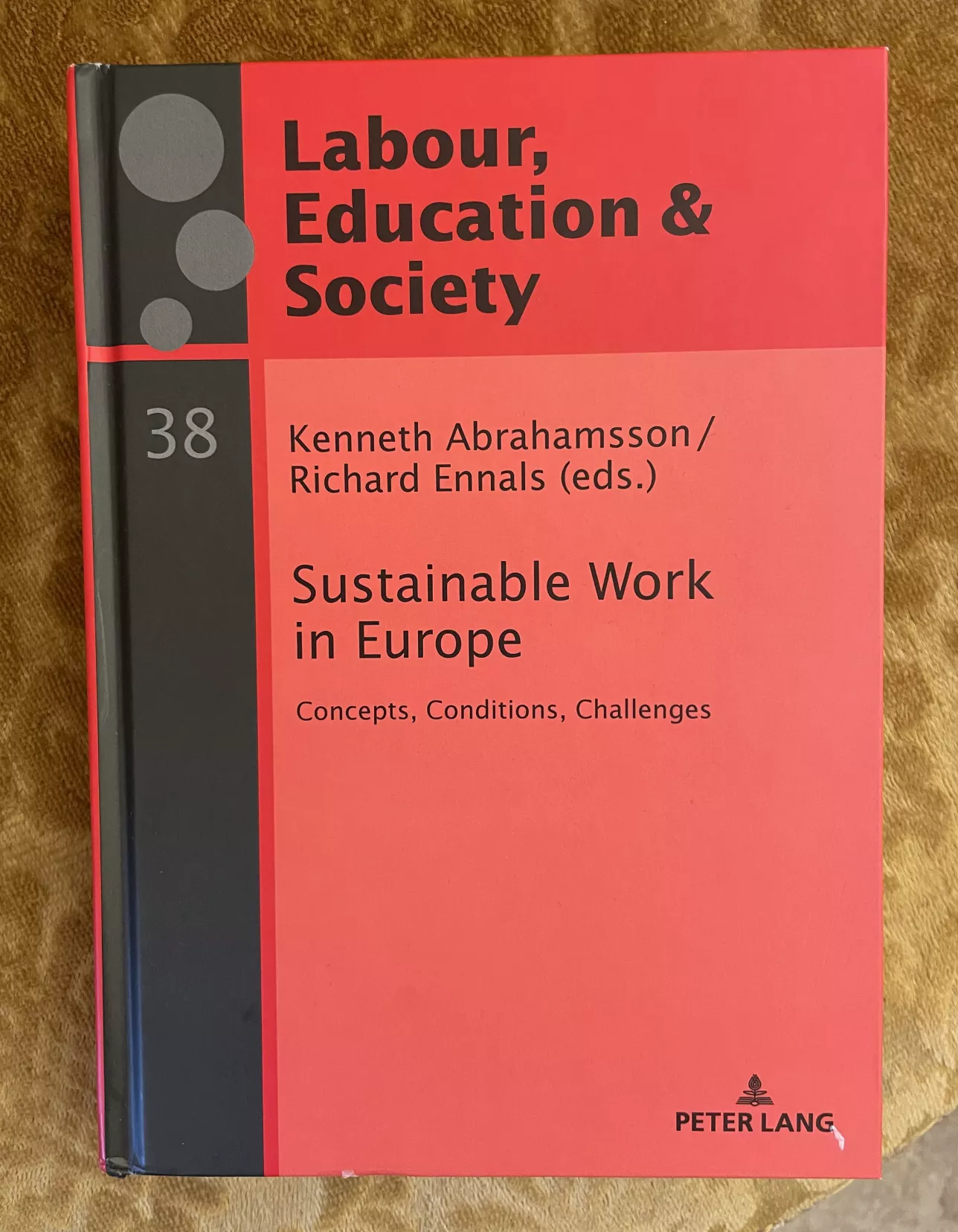Never in modern times has working Europe faced such fundamental changes, says former Director General of the Swedish Labour Market Board Allan Larsson in the introduction to the book. He describes how we are at the beginning of several powerful transition processes - an innovation-driven digital transition, a policy-driven climate transition, and a pandemic-driven restructuring of important parts of our economy and our way of working.
Four researchers from the Department of Sociology in Lund contribute with chapters in the book: Åsa Lundqvist, Susanne Boëthius, Christopher Mathieu and Anders Kjellberg.
Challenges for a sustainable working life for older women in Europe
Research shows that older employed women (55-64+) experience less well-being when compared to other groups on the labour market. They are more likely to pursue early retirement or reduce their working hours, they experience much physical and mental stress in working life and they are more likely to take sick leave compared to other groups.
The chapter "Challenges to a sustainable working life for older women in Europe", which has been written by, among others* professor of sociology Åsa Lundqvist, presents an overview of recent research documenting the experiences and well-being of older female workers in the European labour market. The aim is to identify the challenges but also the helpful facilitators experienced by older female workers entering, retaining their roles, and progressing in the labour market.
Several key factors influencing the workplace experiences and wellbeing of older women in Europe are identified, including financial status, physical and mental health, work decisions of partners or other close family members, caring responsibilities, and job satisfaction.
The results are expected to support the labour market to become more age-inclusive and provide older female workers with sustainable work that assists their physical and mental wellbeing.
"The virtuous spiral”, which is based on employee participation in innovation activities and improvements in job quality in line with the sustainable work agenda.



